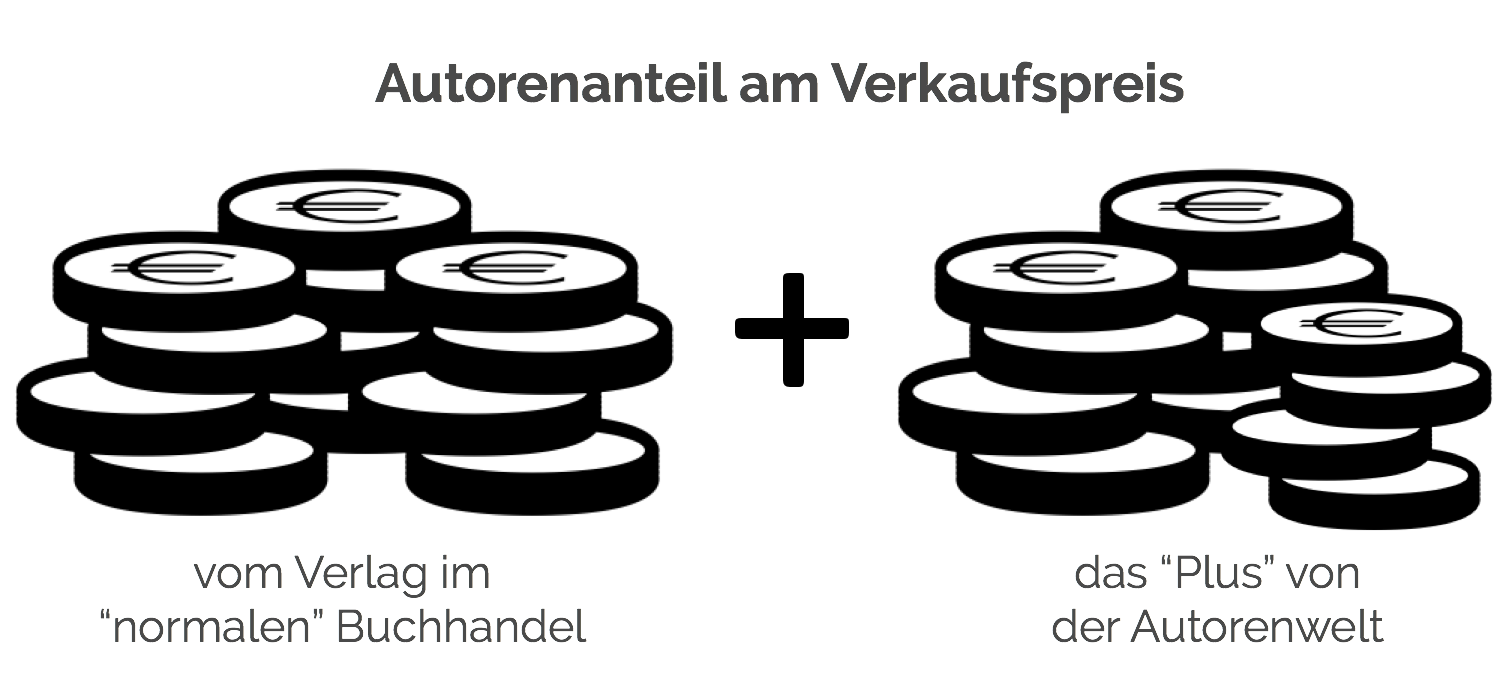
Autorenfreundlich Bücher kaufen?!

Beschreibung
Seminar paper from the year 2007 in the subject English Language and Literature Studies - Linguistics, grade: 2,3, University of Cologne (Englisches Seminar), course: The English Lexicon, language: English, abstract: 1. Introduction
Since mankind uses language it formed sentences to communicate. Therefore it is necessary to put words together in a meaningful way. ¿But although a word is a unit which is familiar in our culture, the notion that it has an internal structure is not.¿ (Matthews 1974 : 9). That is where morphology comes in. Being a Professor of Linguistics at the University of Cambridge Peter Matthews published his well known book ¿Morphology¿. It is about his thoughts and results of research in that concern.
What is morphology? Morphology is beside syntax, semantics and phonology and phonetics one major subfield of linguistics. Its origin is in nineteenth century as the first reference for morphology in the Oxford English Dictionary was in the 1860s. It deals with the word itself. That means morphology is about forms of words in different uses and constructions. It is divided into subfields like lexical or inflectional morphology. Lexical morphology is concerned with relations among lexemes such as compounding whereas inflectional morphology deals with paradigms which show a lexeme in terms of categories like Singular and Plural.
This term paper is to regard both subfields of morphology in reference to creating new words (neologisms) in the Early Modern period. It is beside from borrowing aiming a special aspect of word structure namely word-formation because this two means represent the most significant ways out of which many neologisms arose.
But what is it that makes words and their structure or formations so interesting? Words help us to express ourselves. We produce them every day. So everybody is involved in that concern. I personally have never asked before where all these words that we use more or less every day have come from. That is one reason for writing this term paper. I have chosen the Early Modern period because this time enlarged the English lexicon extremely: ¿An examination of the language itself shows that the period was indeed one of great vocabulary expansion...¿ (Barber 1976 : 219). Moreover it is to be presented what kind of words came up and whereby they occurred in that time.
Details
| Verlag | GRIN Verlag |
| Ersterscheinung | Juni 2011 |
| Maße | 21 cm x 14.8 cm x 0.2 cm |
| Gewicht | 45 Gramm |
| Format | Softcover |
| ISBN-13 | 9783640937646 |
| Auflage | 2. Auflage |
| Seiten | 20 |